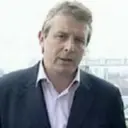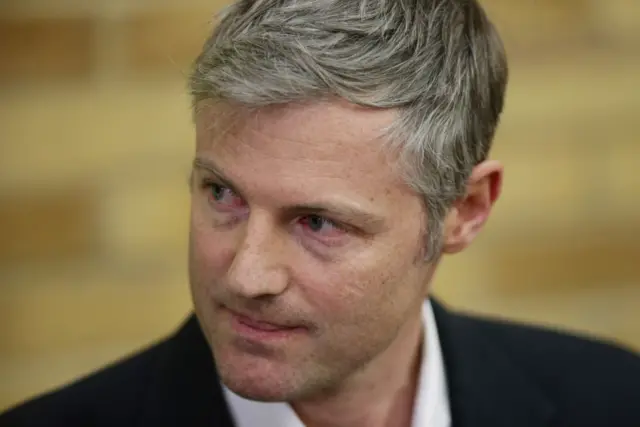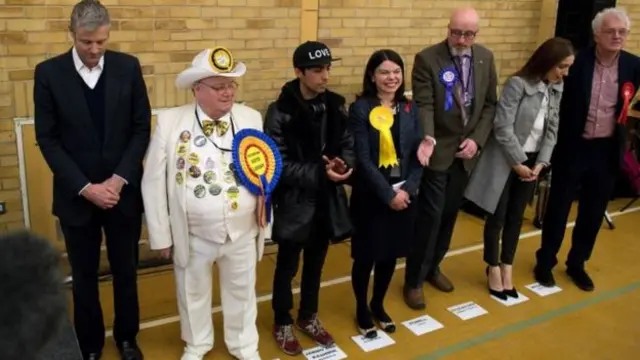Analysis: How Brexit ended Goldsmith's political careerpublished at 05:42 GMT 2 December 2016
 Tim Donovan
Tim Donovan
BBC London, Political Editor
 Image source, PA
Image source, PAIt started a week ago.
That was when the first Conservative MP told me with some confidence that Zac Goldsmith would be beaten.
Then a couple more admitted they felt the same. It had been worrying on the doorstep.
Despite the planes roaring overhead Goldsmith's canvassers had noticed a strange disengagement.
People focused on an horizon beyond the sky itself. Now we have Zac's exit. Or for one day only: Zexit.
It may have been intended as a plebiscite on Heathrow, but the aviation issue ended up as background noise.
An ever present hum but not with the juddering impact of a pre-dawn superjet which anti-expansionists had presumed.
Instead, the voters in this affluent corner of south west London decided to make their own noise.
It's led to an outcome that is so much more than a localised set-back for Goldsmith and his devotees over the country's biggest airport.
It is a Brexit tremor. And while Goldsmith has taken a second huge personal hit in one year, that he was Independent here doesn't limit the damage to him.
Much of the pain inflicted is pure Tory.
It was back in 2008 that Goldsmith first made his pledge to stand down if his government ever went ahead with a third runway.
He wasn't to know then that an EU referendum would happen. Nor could he have predicted the timing, which meant he faced having to fulfil his promise at the very moment of some serious early Brexit turbulence.
In a very pro-European constituency, he may have presumed that his thumping 23,000 majority at the 2015 election would protect him, that it showed voters were at peace with his euro-scepticism.
It was who he was, it was authentic, they could live with it.
It has not proved to be like that. Instead. the people who voted 70:30 to Remain have shown that tolerance is not unquestioning and sufferance is fragile.
Ignominious defeat in the campaign to be London Mayor hurt badly enough.
Today Zac Goldsmith is wondering how it is that a break from Europe, for which he has yearned all his life, has so peremptorily ended his political career.




